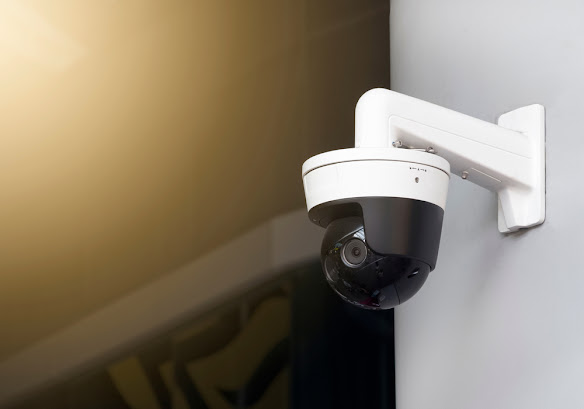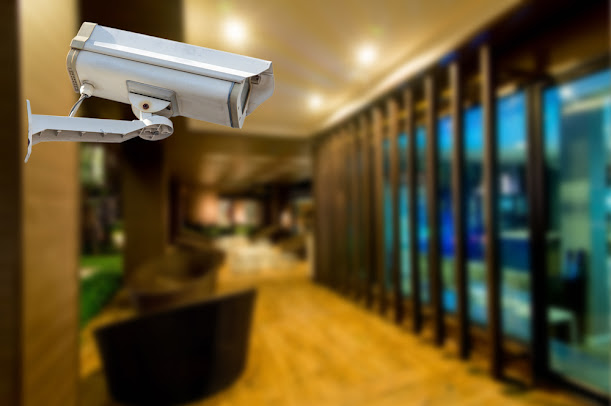What Types of Security Cameras Can You Choose for Your Commercial Property?
Businesses have a responsibility to protect their employees and property. Security cameras are a vital part of any business security plan. But with so many different types of security cameras on the market, it can be difficult to decide which type is right for your commercial property.
This blog will discuss the security cameras available and help you decide which is best for your needs.
1. CCTV Cameras
CCTV stands for closed-circuit television, and these cameras can be used for indoor and outdoor surveillance. They are typically more affordable than other security cameras in OC but require a separate recording device.
Some components of a CCTV system include the camera, monitor, power supply box, and cabling. Each of them is explained here:
-Camera: The camera is the visual component that captures footage.
-Monitor: The monitor displays what the camera is recording. It can be a TV, computer screen, or separate security monitor.
-Power supply box: The power supply box provides power to the cameras and other components of the system. It is typically installed near the monitor.
-Cabling: The cabling connects the camera to the power supply box and monitor. Choosing the right type of cabling for your system is important to ensure it works properly.
2. IP Cameras
These are the popular type of security cameras for commercial properties. They are very versatile and can be used for a variety of applications.
There are two types of IP cameras: dome and bullet. Dome cameras are typically used indoors, while bullet cameras are better suited for outdoor use.
IP cameras can be configured to record continuously, or they can be set to record only when motion is detected. They can also be set to send alerts to your phone or email when something happens.
Another advantage of IP cameras is that they can be used with various software applications to tailor them to your specific needs.
Some things to check while buying these parking cameras in Irvine include:
- The quality of the image
- How much light is needed for the camera to work properly
- The field of view
- Whether the camera can be zoomed in or out
3. Analog Cameras
Analog cameras are best-suited for businesses with a limited security system budget. Using coaxial cables, these cameras are connected to a Digital Video Recorder (DVR). The DVR converts the analog signals into digital format and stores the footage.
Some advantages of using analog cameras include:
-Affordability
-Compatibility with older systems
-Easy to install
4. Wireless Cameras
You'll opt for a wireless camera if you want remote access to your security footage. In that manner, you can check in on your property no matter where you are. Wireless cameras are also great for those who don't want to deal with the hassle of running wires throughout their property.
The cameras work with the help of a receiver that's connected to your TV or DVR. The signal is then transmitted from the camera to the receiver.
Be sure to place your wireless camera in an area where it will have a clear line of sight to the receiver. Otherwise, you'll likely experience interference with the signal.
Wireless cameras are powered by batteries or by AC power. If you go the battery route, check them regularly to ensure they're still working properly.
You'll also want to think about how visible you want your camera to be. Some people prefer that their cameras blend in with their surroundings, while others want them to be highly visible as a deterrent.
5. Night Vision Cameras
These are ideal when you need to monitor an area that is not well-lit. Night vision cameras can see in very low light conditions and even in complete darkness. These security cameras use infrared lighting to illuminate the area they are monitoring.
These lights are invisible to the human eye but can be picked up by night-vision cameras. These lights reflect off objects and create a black and white image that the camera can process.
Two main night vision security cameras are thermal imaging and active infrared.
Final Thoughts
When choosing security cameras for your commercial property, there are various factors to consider. By taking the time to understand your needs and what type of camera would best suit your property, you can make an informed decision that will help keep your property safe and secure.


Comments
Post a Comment